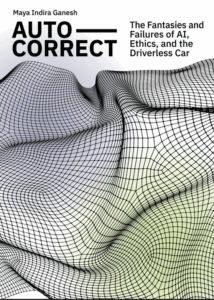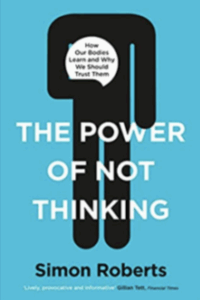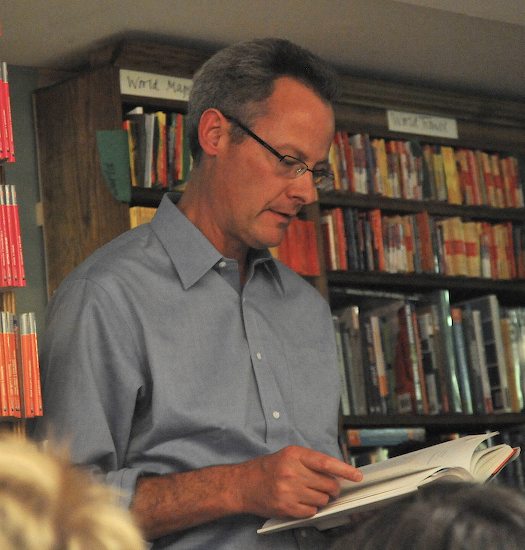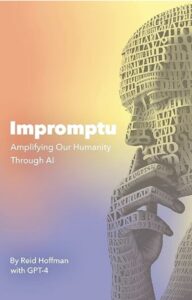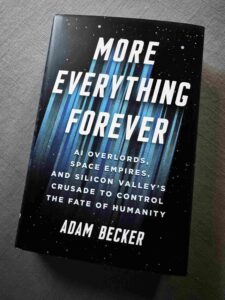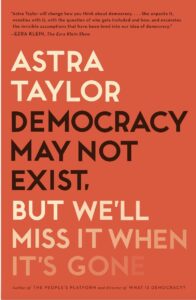The Loner

Quote of the Day
”I drink to make other people more interesting.”
Musical alternative to the morning’s radio news
Handel | Sonata in G Major HWV 363a | IV. Bourreé
Link
I heard my wife playing this yesterday and thought it’d be a cheery way to start the week.
Long Read of the Day
Two long reads today, both about the Catholic Church and strange things that are going on around it. One is Colm Toibín’s LRB essay about the street-wisdom of the late Pope Francis. The other is Róisín Lanigan’s fine Observer column about the creepy way Catholicism is suddenly cool and chic for reactionary conservatives in the US and elsewhere. These two trends come together in the person of J.D. Vance, a recent high-profile convert to the Church of Rome.
Toibín is very perceptive on the late Pontiff’s dislike of Vance & Co, who came to Rome ostensibly to see him.
Since the pope was ill, he had every excuse not to see Vance. While it’s tempting to claim that the sight of Vance, all humble and obsequious, might have hastened Francis’s demise, it would be more plausible to suppose that seeing Vance for a few minutes, and hearing his expressions of gratitude, allowed the pope to die slightly more content. The footage of Vance being received by the ailing and unsmiling pope, with Vance looking like an attack Chihuahua who had lost the will to live, must have given the pontiff and his followers some comfort. The meeting ended with a gift of Easter eggs for the three Vance children and Vance saying that he would pray for the pope. Vance’s prayers go far. Attentive readers will know that the last time Vance’s prayers were reported, they had been to seek the ‘victory’ of US military strikes against the Houthis in Yemen. He did this in a Signal chat with other members of the Trump administration on 15 March, a chat that was shared with the editor of the Atlantic magazine.
But even if Vance went away with his tail between his legs just as Francis ascended to heaven, his antics make clear how deeply divided American Catholicism is. By concentrating on the plight of immigrants and by openly opposing the Trump regime, the Church has, for the main part, embraced the poor. The problem is that many American Catholics are not poor; they include six members of the Supreme Court – all the justices save Elena Kagan, Neil Gorsuch and Ketanji Brown Jackson. The fact that John Roberts, Amy Coney Barrett, Brett Kavanaugh, Clarence Thomas, Samuel Alito and Sonia Sotomayor are all Catholic may speak to the idea of diversity and variety within the Church, but it also shows how little Catholics in America have in common with one another. These justices may agree on the Immaculate Conception, the Virgin Birth and the Assumption, on transubstantiation and the divinity of Jesus, but hardly on abortion law, the death penalty and the right to shoot up a school.
In an interview on his way to Francis’s funeral, Trump boasted that he received 56 per cent of the Catholic vote at the last election. Which he did, a 9 per cent increase on 2020…
At this point, I suddenly remembered something an academic friend had told me. He had been on a fundraising tour for his (Irish) university a couple of years ago, and one of the events was a lunch with a group of ultra-rich Catholics in Texas. At one stage, he mentioned Pope Francis admiringly, only to be interrupted by the wife of one of the potential donors who shouted that “Francis is a communist!”
Cue Róisín’s column. She’s been wondering where all these new catholics are coming from. Answer: from the political Right
I would not mind the Catholicism boom if it was strictly down to this perception of coolness. In some circles of the internet, being a young Catholic is simply a kind of cosplay, a new genre for theatre kids who a decade ago might have been dressing up as the Doctor or running Sherlock blogs or saying that they believe themselves to be wolves. There’s an odd sexual undertone to it all, sure: kneeling by bedsides; twiddling Rosary beads between cleavage; dressing solely in slip dresses and knee socks; communicating that you’re not allowed to have sex before marriage while constantly oozing a sort of Nabokovian, Virgin Suicides vibe from your every alabaster-skinned pore – but it’s ultimately harmless. It’s dark academia for bored Protestants who spend too much time on Pinterest.
The aesthetic appeal is understandable, but sadly, that’s not all there is to it. Some newbies take Catholicism Very Seriously Indeed. They know the theology. They’ve read the Bible (nobody I know has ever read the Bible). They love Latin Mass (again, weird). They think we need to go back to basics, toughen up, remember our fire-and-brimstone roots. For those on the right, Catholicism can offer a fast-track to a number of things; not just traditionalism and aestheticism – a sort of mystic chicness – but also a cloak for less than savoury unpopular opinions. The alliance between the Catholic church and the new Republican era in the US is not just theatrical and embarrassing, it’s chilling. It’s emboldened the public endorsement of reactionary and sinister ideas, particularly from the pro-life lobby.
These are interesting essays, not least because — as Toibín notes at one point — in an interview on his way to Pope Francis’s funeral, Trump boasted that he received 56 per cent of the Catholic vote at the last election. Which he did, a 9 per cent increase on 2020.
Lessons of Europe’s blackout moment
This week’s Observer column:
Electricity grids are the most complicated large machines in the world – systems into which millions of different units (generators) inject power, which is then distributed to billions of end users. Grids are also the most critical machines societies possess because, when electricity is cut off, suddenly nothing, but nothing works.
If you doubt that, try talking to any one of the 768,000 Irish citizens who were abruptly disconnected by Storm Éowyn in January – some of them for up to 17 days. Or ask Ukrainians, whose grid Vladimir Putin has been trying to destroy since 2022.
In some ways, though, grids are also surprisingly delicate, and therefore potentially fragile. This is because they are synchronous machines: every component part has to be in sync with all the others. How come? Basically, because the electricity they transmit and distribute comes in the form of alternating current, or AC, which periodically reverses direction and changes its magnitude continuously with time.
In Europe, this happens 50 times a second, or at a frequency of 50 hertz, which means that every device on the system has to keep time with that metronome. If it doesn’t, bad things happen very quickly…
Read on
My Commonplace booklet
The historian Niall Ferguson had an interesting reflection on Trump’s attack on Harvard.
The pen is sometimes mightier than the sword, the gown more powerful than the crown. King James II learnt this the hard way in 1687 when he attempted to impose a new president on the fellows of Magdalen College, Oxford. The college still celebrates its victory over the last Stuart monarch each year at its Restoration dinner.
James had thought he could insert a Roman Catholic as president. The fellows refused, instead electing one of their own number, John Hough. The king would not stand for it, though he picked a less controversial candidate for president: Samuel Parker, the Bishop of Oxford. He even went to Oxford in person and harangued the fellows, as Macaulay recounts in his History of England. “You have not dealt with me like gentlemen,” exclaimed the King. “You have been unmannerly as well as undutiful … Go home. Get you gone. I am King. I will be obeyed. Go to your chapel this instant; and admit the Bishop of Oxford. Let those who refuse look to it. They shall feel the whole weight of my hand. They shall know what it is to incur the displeasure of their Sovereign.”
On October 20, three royal commissioners (with three troops of horse) arrived at Magdalen. Bishop Parker was forcibly installed. On November 15, twenty-five fellows were expelled and declared incapable of receiving any future ecclesiastical employment. And yet the king had overreached… Hough was restored to the presidency on October 25, 1688, and the fellows to their seats at high table. Just 11 days later, at the invitation of a group of Protestant aristocrats, James’s son-in-law William of Orange landed at Brixham. On December 23, James fled to France.
So here’s the question du jour: who will be the USA’s King Billy (as he is still known to some in Northern Ireland).
Corporate nomenclature
The flow of intriguing business names continues. John Skrine mentioned Wright Hassal. Andrew Arends thought that the American firm Dewey, Cheetham and Howe might be a contender. Euan Williamson cited Bodgit & Scarper (allegedly a haulage firm).
This Blog is also available as an email three days a week. If you think that might suit you better, why not subscribe? One email on Mondays, Wednesdays and Fridays delivered to your inbox at 5am UK time. It’s free, and you can always unsubscribe if you conclude your inbox is full enough already!

